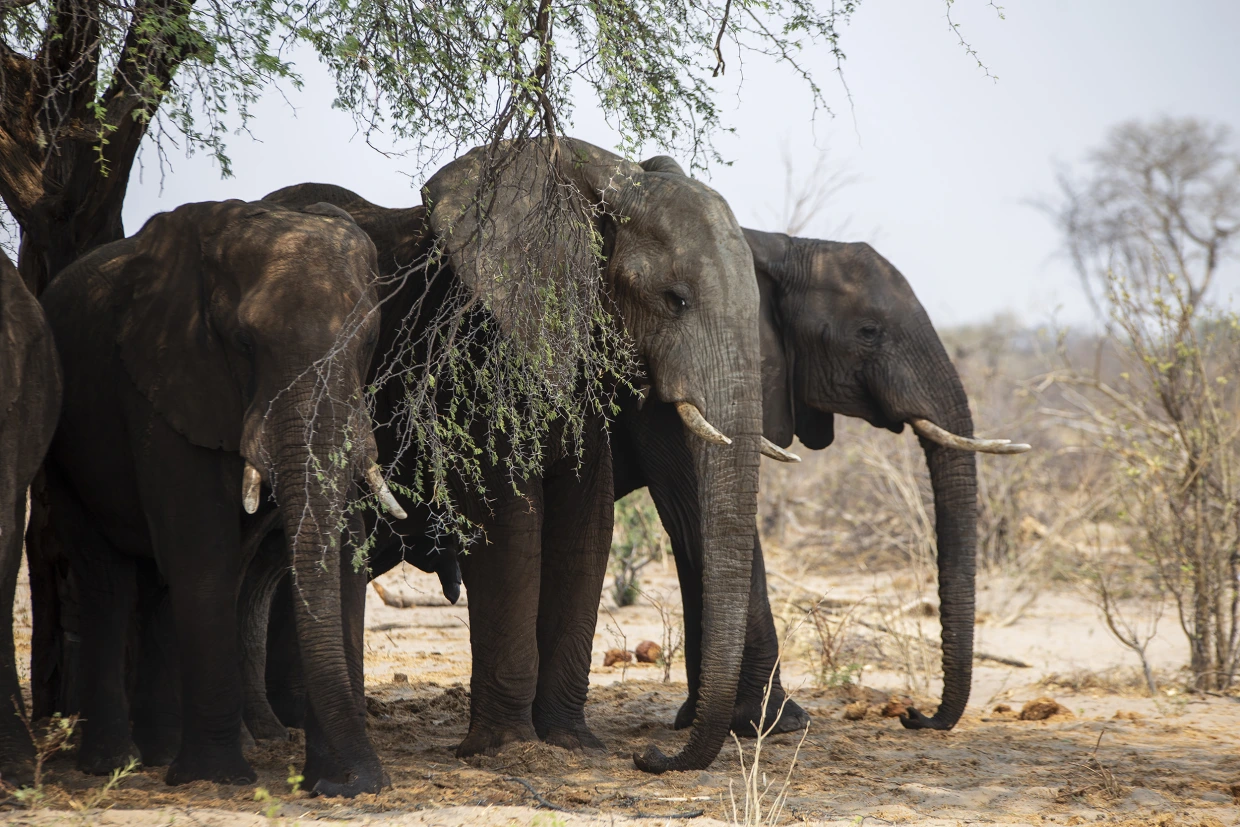Germany’s proposal to ban elephant trophies has sparked a retaliatory threat from Botswana, as the nation vows to send 20,000 elephants to Germany in response. Botswana’s frustration stems from European nations, including Germany, challenging its elephant management strategy, particularly trophy hunting.
Botswana, home to almost a third of the world’s savanna elephants, has seen its elephant population thrive since 1984, largely due to its conservation efforts. However, European nations are targeting trophy hunting, a key aspect of Botswana’s strategy.
The German environment ministry’s push to ban elephant trophy imports within the EU has intensified tensions. In response, Botswana’s President Mokgweetsi Masisi announced plans to send 20,000 elephants to Germany from Botswana’s population of 130,000.
President Masisi’s statement to Bild, a German tabloid, emphasized the seriousness of the matter. However, Germany’s Federal Agency for Nature Conservation stated that there has been no formal request for such a transfer.
Masisi criticized the German stance, highlighting the disconnect between European opinions and Botswana’s conservation efforts. He argued that Botswana bears the cost of preserving these animals for the world.
While elephants are celebrated globally, they also pose challenges in Botswana, where they damage crops, trample livestock, and occasionally endanger human lives.
The debate over trophy hunting is nuanced. While critics argue it endangers species, proponents suggest it provides value to wildlife and local communities. Trophy hunting generates revenue for conservation and deters wildlife from encroaching on farmland and villages.
Animal rights groups like PETA oppose trophy hunting, advocating for alternatives such as ecotourism. Germany is considering following Belgium’s lead in banning trophy imports, further escalating tensions.
Botswana has faced external pressure regarding its elephant conservation policies in the past. In 2014, under animal rights pressure, Botswana banned trophy hunting, only to reverse the decision in 2019 due to economic concerns and wildlife conflicts.
Experts emphasize the importance of evidence-based conservation strategies and the need for sustainable funding. Removing trophy hunting without viable alternatives could worsen conservation efforts.
Despite the logistical challenges of sending thousands of elephants abroad, President Masisi remains steadfast in his stance, emphasizing Botswana’s determination. The conflict underscores the complex relationship between conservation, wildlife management, and international policy.
